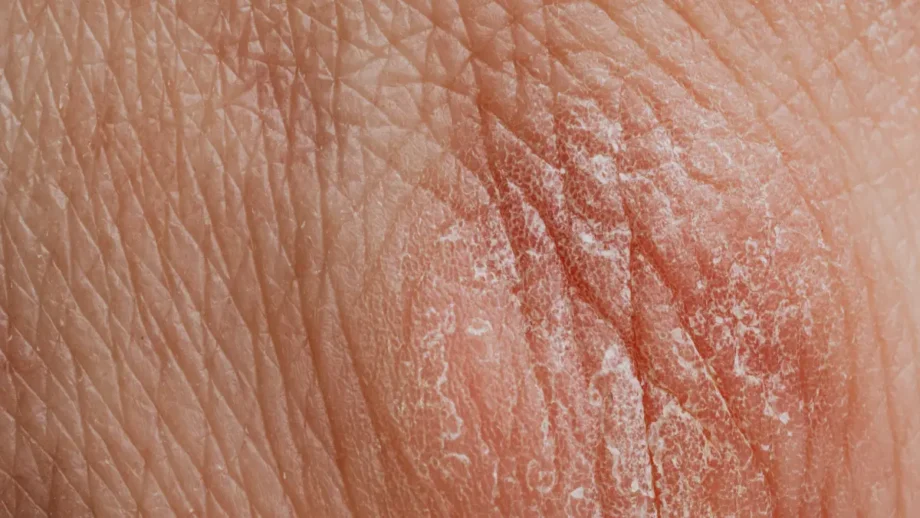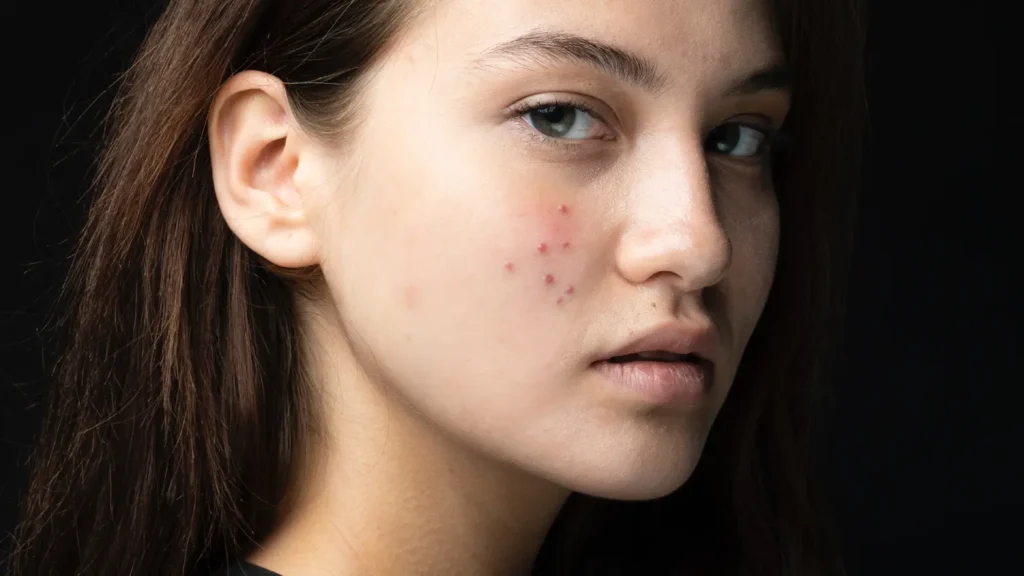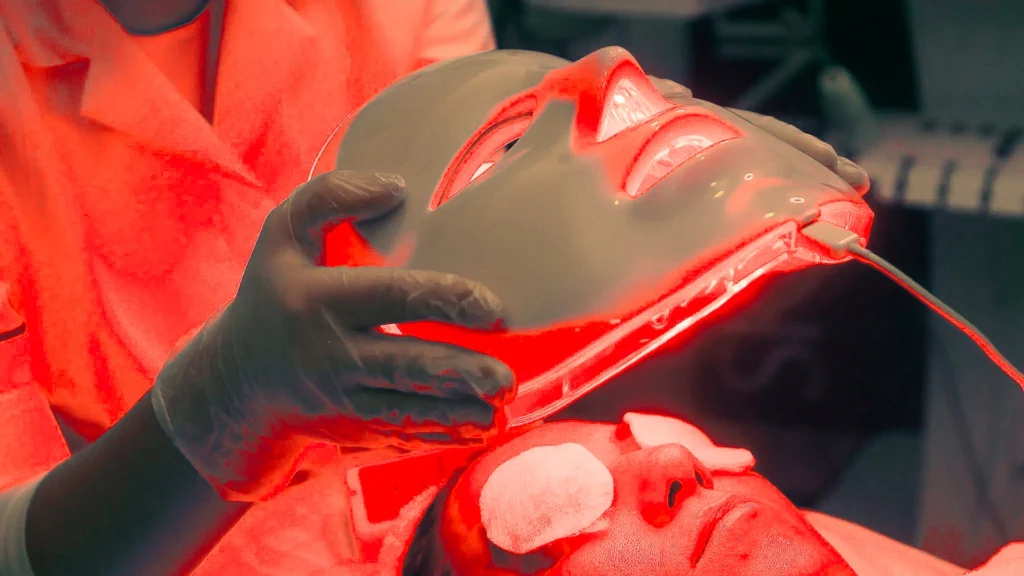Many of us have experienced the discomfort of dry, itchy skin after bathing, especially in regions with hard water. Hard water contains high levels of minerals like calcium and magnesium, which can leave a residue on the skin and hair. But does hard water truly cause dry skin, or is it just a common misconception? Let’s dive into the science behind this phenomenon to uncover the truth.
Understanding Hard Water
Before delving into its effects on the skin, it’s essential to understand what hard water is. Hard water is water that contains high concentrations of dissolved minerals, primarily calcium and magnesium. These minerals are picked up as water travels through rocks and soil, dissolving and accumulating them along the way. While hard water is generally safe to drink, its impact on skin health is a subject of debate.
The Relationship Between Hard Water and Dry Skin
The idea that hard water causes dry skin stems from its interaction with soap and detergents. When hard water is mixed with soap, it forms a scum that can be difficult to rinse off completely. This residue can leave a film on the skin, interfering with its natural barrier function. As a result, the skin may feel dry, tight, and irritated, particularly for individuals with sensitive skin or pre-existing skin conditions like eczema.
Modern Research
Several studies have explored the relationship between hard water and skin health. One study published in the International Journal of Cosmetic Science found that bathing in hard water was associated with increased skin dryness and roughness compared to bathing in softened water. Another study in the Journal of Investigative Dermatology suggested that hard water could disrupt the skin barrier, leading to increased transepidermal water loss and dryness.
However, not all research supports a direct link between hard water and dry skin. A study published in the Journal of the European Academy of Dermatology and Venereology concluded that while hard water can cause some skin irritation, its impact on overall skin hydration may be minimal. Factors such as individual skin type, climate, and bathing habits may also play a significant role in determining skin health.
Mitigating the Effects of Hard Water on Skin
- Use a gentle, pH-balanced cleanser: Opt for mild cleansers that are free from harsh chemicals and fragrances. These cleansers can help remove impurities without stripping the skin of its natural oils.
- Install a water softener: Consider installing a water softening system in your home to reduce the mineral content in your water. Water softeners work by replacing calcium and magnesium ions with sodium ions, resulting in softer water that is less likely to leave residue on the skin.
- Moisturize regularly: Applying a moisturizer immediately after bathing can help lock in moisture and prevent dryness. Look for moisturizers that contain hydrating ingredients like hyaluronic acid, glycerin, and ceramides.
- Limit bath time and water temperature: Prolonged exposure to hot water can strip the skin of its natural oils, exacerbating dryness. Keep your baths or showers short and use lukewarm water instead of hot water.
While the relationship between hard water and dry skin is not fully understood, there is evidence to suggest that hard water may contribute to skin dryness and irritation for some individuals. Factors such as water hardness levels, bathing habits, and skin type all play a role in determining the impact of hard water on skin health. By taking steps to mitigate the effects of hard water and adopting a skincare routine tailored to your needs, you can help keep your skin healthy, hydrated, and comfortable.
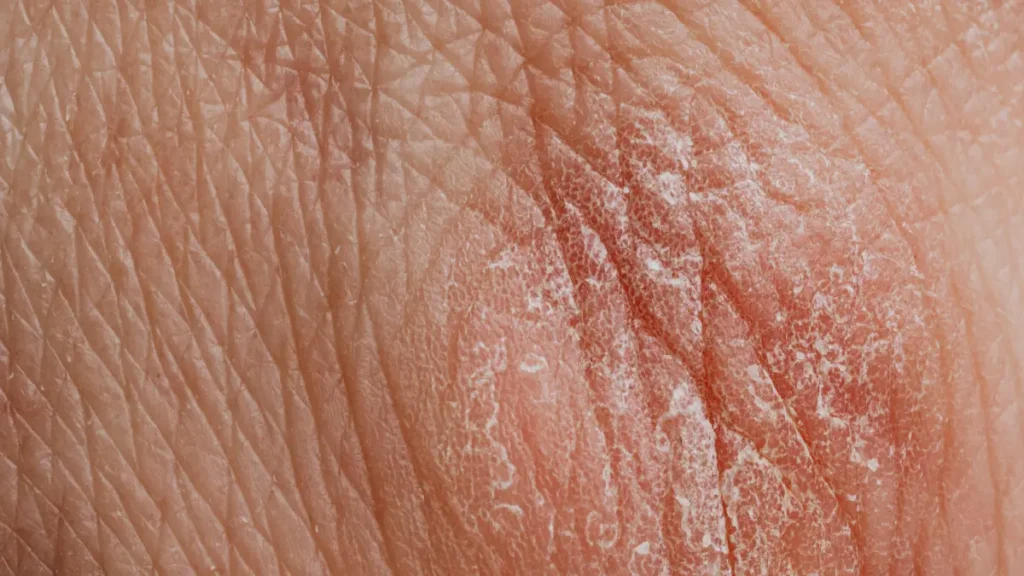
This article is brought to you by
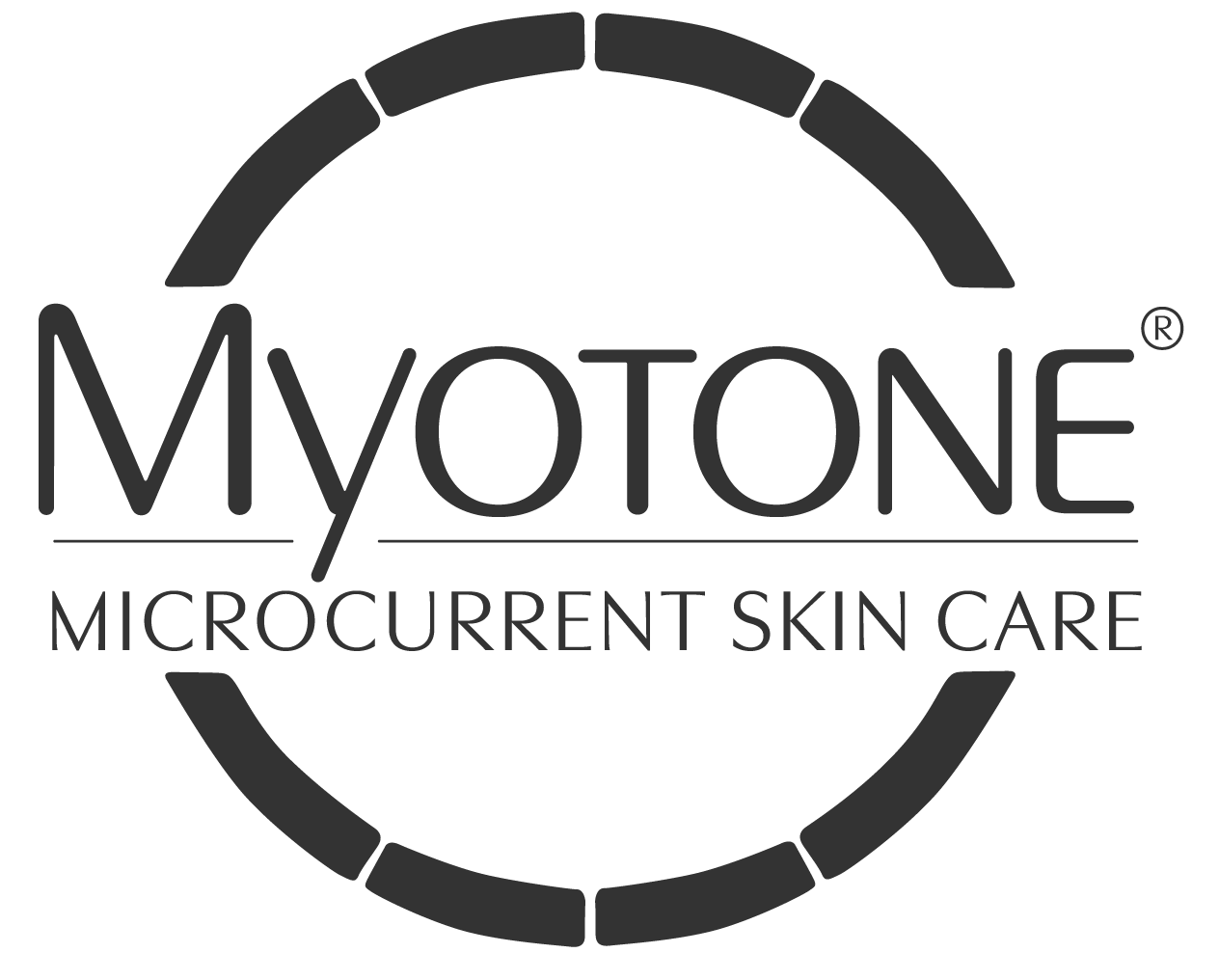
Learn More ⭢
